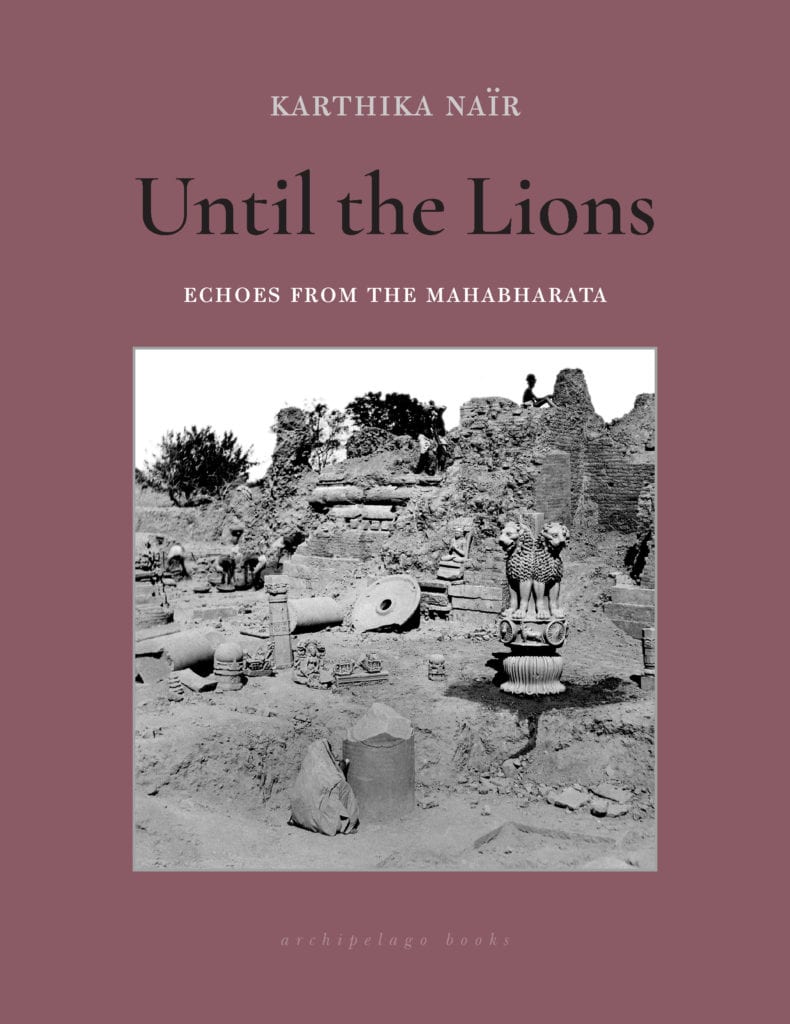Gate of the Sun Review from the Sanford Herald
The Sanford Herald
Wednesday, April 19, 2006 Author pens acclaimed epic of the Palestinian saga One of the Arabic world’s most higly regarded authors, Elias Khoury was vaulted onto the international stage when “Gate of the Sun” was published in Arabic and then translated into Hebrew and French. Now, through Humphrey Davies’ brilliant translation into English, it is available for the first time in the United States. “Gate of the Sun” is a remarkable novel that ushers the reader inside the Shatila Palestinian refugee camp in Lebanon. Here, barely existing in the deserted Galilee Hospital, are two men—Yunes, an unflinching hero of the Palestinian resistance, who has fallen into a coman, and his friend, Dr. Khalil, a teller of stories. Striving to bring some semblance of life ot the patient, whom he addresses as “my swimmer in sheets,” Khalil opens the floodgates of memory to reveal the history of people expelles from their villages in Galilee and wandering without hope through the wasteland stretching in time from 1948 to the present. Khoury’s exquisite descriptive passages humanize the complex Palestinian struggle, turning it into a multihued tapestry of life and death. During the horrendously orchestrated, catastrophic exodus of 1948, known in Arabic as the Nakba, approximately 750,000 Palestinians were expelled from their lands. As his reminiscences begin, Khalil says, “I sit with death and keep it company.” Then he carries the comatose Yunes on recollection’s rambling journey followed by Palestinians, driven from their villages into Lebanon, where it is impossible for refugees to obtain a worker’s permit. Thus, people whose faces are etched with pain and sadness, spend time in recalling stories of unbelievable suffering. In their haunted memories, souls of the dead live in treesm which must be cut down “so that the souls fall and find peace in their graves.” Threading through the narrative are accounts of torture so explicit they are difficult to read. “They stood me up—I couldn’t do it on my own—and one of them propped me up against the wall while the other started hitting me on my mouth with a chain wrapped around his fist…I spat and gagged, and the man held my mouth shut with his hand to force me to swallow my shattered teeth.” Replete with incidental anecdotes about individual sufferings, “Gate of the Sun” affords numerous dizzying glimpses of the vast Israeli-Palestinian conflict. “History is our becoming gods and monsers at the same time,” writes Khoury, who shows us in sometimes contrived flashbacks how the whole of society suffers from such destruction. Because the novel, told without chronology, jums from event to event, it is difficult to follow without having a rudimentary knowledge of the region’s history. Still, this is an imposing epic that demands to be recognized as an indisputable masterwork, one whose insights have gained even greater importance since the ascendance of the Palestinian Islamist organization Hamas. A Christian born in Beirut, Khoury is the author of 11 novels, three plays and several books of internationally-acclaimed literary criticism. He is editor-in-chief of Beirut’s daily nespaper, An-Nahar, and had taught at the American University in Beirut and Columbia University. Currently a Global Distinguished Professor at New York university, he divides his time between Beirut and New York. Davies holds a first-class honors degree in Arabic from Cambridge University and a Ph. D. in Near East studies from the University of California, Berkeley. He has spent 36 years working and living in the Arab world, 20 of these in Egypt, with lengthy periods in Palestine, Sudan and Tunisia. His translations include Naguib Mahfouz’s “Thebes at War” and Alaa al-Aswani’s “The Yacoubian Building.”

